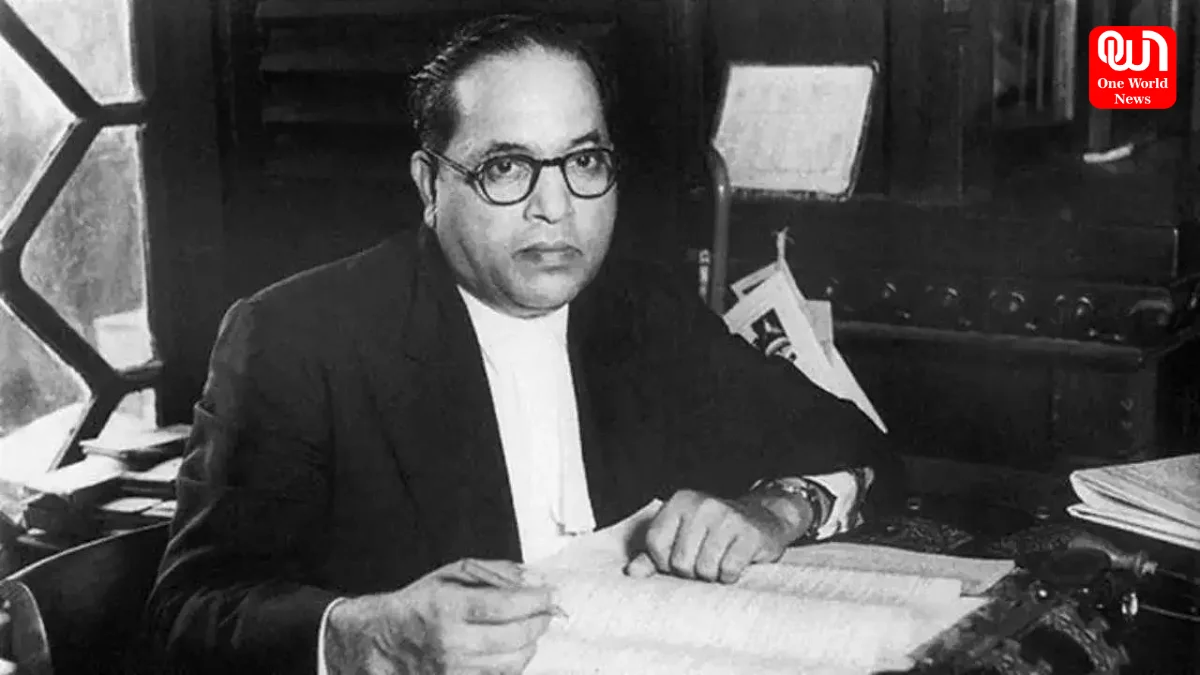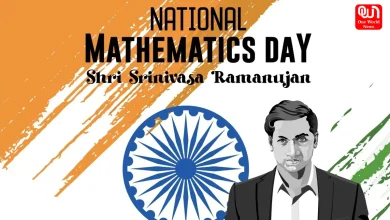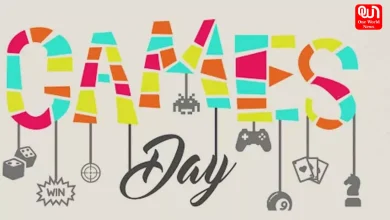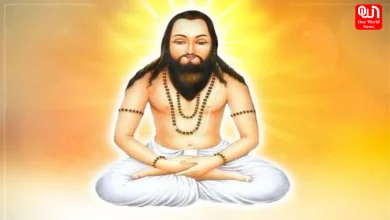Ambedkar Jayanti: How Babasaheb described an excellent society in ‘Annihilation of Caste’
Liberty, Equality, Fraternity: Ambedkar’s Blueprint for a Caste-Free Society
Beyond Reform: Ambedkar’s Radical Call to Dismantle Caste at its Roots
Dr Bhimrao Ramji Ambedkar is seen these days as a few of the tallest anti-caste Dalit leaders of India, a criminal luminary who chaired the drafting of the Indian charter, and a person who championed an innovative vision for society.
He was nicely aware about the truth that the end of centuries of colonial rule might no longer be enough to improve the situation of Dalits, ladies and different marginalised agencies. existing hierarchies and structures of inequality might maintain to perform, and possibly the biggest such wrongdoer was the caste system.
In 1936, Ambedkar changed into set to deliver a speech titled ‘Annihilation of Caste’ at an convention of the reformist Jat-Pat-Todak Mandal in Lahore. but, it changed into cancelled over needs for Ambedkar to edit the contents of his speech, which he refused to do.
Ambedkar later self- published the speech. At its coronary heart, he argued that practices such as inter-caste eating and inter-caste marriages should not ultimately be the focus in the conflict for an equal society. alternatively, he argued that the caste device as a whole had to be eradicated. This became against the perspectives of many Hindu reformists at the time, who advocated for incremental adjustments with the aid of the forward castes. Although Ambedkar became positive, it became important to create a super society.
A Really Perfect Society
In keeping with Ambedkar Ambedkar noticed liberty, equality and fraternity as the establishing standards of a really perfect society. He wrote about the need for fraternity: “ a really perfect society ought to be cell, ought to be complete of channels for conveying an alternate taking place in one element to different parts.”
There should be “social endosmosis”, or the loose alternative of facts, so fraternity changed into truly “ another name for democracy”. In a stratified society, this can’t show up.
“Liberty” would imply freedom from slavery, in which “ some guys are compelled to just accept from others the functions which manipulate their behavior.” This would consist of the proper to unfastened motion and the capacity to pick one’s career – once more, something the caste machine does not permit now because “ some men and women are forced to hold on to prescribed callings which aren’t of their preference.”
Ambedkar wrote that as an idea, “Equality may be a fiction, however one must be given it because of the governing principle.” bodily heredity, social inheritance and private efforts can all range amongst individuals. However, no longer allowing others to come back ahead in society might bring about “ the selection of the privileged.”
Accordingly, he wrote, “ it is possible to be entreated that if it is good for the social body to get the most out of its members, it is able to get the most out of them only via making them identical as some distance as feasible at the very beginning of the race.”
When judging the country of a society, it becomes crucial to understand how numerous groups interacted with one another and whether they shared an experience of network. He asked, “How severe and varied are the interests which can be consciously shared by using the groups? How complete and loose is the interplay with different varieties of associations? Are the forces that separate groups and classes more severe than the forces that unite them? What social importance is connected to this group life? Is its exclusiveness a reminder of custom and comfort, or is it a reminder of faith?”
Read More : Ananya Panday Radiates Elegance in a Burnt Orange Floral Saree at Kesari: Chapter 2 Press Meet
How does Caste Prevent this?
Ambedkar laid out the cruelties and inefficiencies of the caste device in extraordinary detail. here are some of his reviews from the perspective of its effect on harming society at large:
He wrote, “ every caste now not best dines among itself and marries among itself, however every caste prescribes its very own distinct get dressed… Certainly the precise Hindu must be like a rat residing in his very own hole, refusing to have any touch with others. there may be an utter lack of the various Hindus of what the sociologists call “ consciousness of kind.” there may be no Hindu consciousness of any kind. In every Hindu the consciousness that exists is the consciousness of his caste. That is the reason why the Hindus cannot be stated to shape a society or a country.”
“This anti-social spirit, this spirit of shielding its personal pastimes, is as a good deal a marked function of the exclusive castes of their isolation from each other as it is of nations of their isolation. The Brahmin’s primary subject is to guard “his hobby” in opposition to those of the non-Brahmins; and the non-Brahmins’ primary subject is to guard their pastimes in opposition to those of the Brahmins. The Hindus, therefore, are not merely an assortment of castes, however are so many warring agencies, every dwelling for itself and for its selfish best.”
Read More : Summer Vibes Only: Top Tips to Accessorize Your Beach Look This Season
Toward the quit of the speech, he said, “The Hindus must recollect whether the time has now not come for them to understand that there is not anything fixed, not anything everlasting, not anything sanatan; that the entirety is changing, that exchange is the law of life for individuals as well as for society. In a changing society, there must be a steady revolution of old values; and the Hindus must recognise that if there must be standards to degree the acts of men, there must additionally be a readiness to revise those standards.”
We’re now on WhatsApp. Click to join.
Like this post?
Register at One World News to never miss out on videos, celeb interviews, and best reads.








